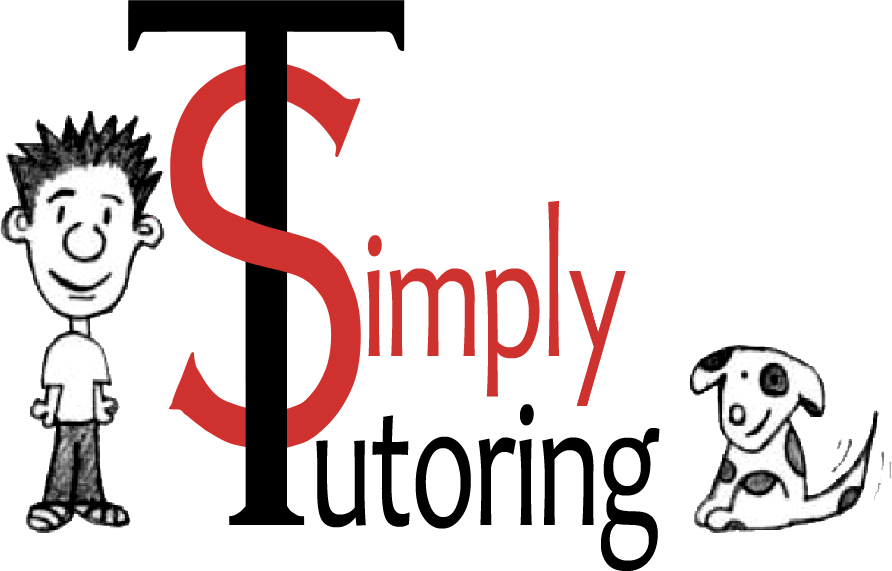Social Media and Student Performance – How Can Tutoring/Coaching Help?
Written by Twisha Gaddam
Tutor, International Medical Graduate
Is Social Media Affecting Student Performance?
By now, we know that adolescent and teen social media usage has seen exponential growth every year, and the pandemic has played a key role in contributing to this situation. Social media platforms are an integral part of students’ daily lives, and they are incredibly wide-ranging and numerous. Most adults will be familiar with platforms like Facebook, Twitter, Instagram, Snapchat, and TikTok. However, many of the students that I have tutored in The Woodlands and surrounding areas of Spring, Conroe, Tomball, Montgomery and Magnolia are also engaging in online social activity via more obscure platforms like Discord, Reddit, Tumblr etc.
Possible Results of Too Much Scrolling
Loss of Productivity
Social media is engineered to grab and hold attention, making it easy for students to fall into a habit of, “I’ve had enough of concentrating, and my brain needs instant stimulation” scrolling. In my experience, students’ phones are an extension of their limbs, and they reach for them as soon as they can. In addition, the constant notifications and distractions available on social media are leading to a loss of productivity and increased time spent on social media vs time spent on schoolwork.
Sleep Deprivation and Fatigue
Many of my students complain about being tired all the time. When asked if they’ve gotten enough sleep, their answer is usually a “No”. Some of this is because of schoolwork but a lot of it is also due to late night scrolling. This lack of rest and recovery is creating a domino effect of loss of concentration, lack of engagement during school hours, and an overall decrease in academic performance.
Mental Health Concerns
Research reveals a correlation between social media use and declining mental health. According to a study conducted by MIT professors, “College-wide access to Facebook led to an increase in severe depression by 7% and anxiety disorder by 20%” (Walsh 2022). Constant comparisons to the images being presented on social media can lower students’ self-esteem and become an impetus for anxiety and depression.
Social Media Addiction and Declined Cognition
As students spend more time on social media, they might develop impaired cognition. The continued exposure to short, fragmented content and instant gratification may cause a decline in critical thinking and reading comprehension. According to a study conducted on medical students, “there was a significantly higher use of social media amongst low (academic) performers when compared with high performers” (Bhandarkar et al 2021).
Is It All Bad News?
It can be safely established that there is a correlation between social media use and declining student performance. However, social media is an incredibly power tool for connectivity. Therefore, it is crucial to acknowledge the negative effects of social media while promoting its responsible usage. Balance is key: allowing students to benefit from the positive aspects of social media while curbing the damage that can be caused by it. This balance will look different for everyone. However, it is vital that students and parents work together to establish boundaries for social media activity to help maintain mental well-being and academic performance.
Seeking Balance Through Tutoring and Coaching
Tutoring can provide one-on-one human interaction in a social media-free environment. A tutor can help pinpoint academic deficits that need to be strengthened and help a student understand how they learn best. They can also help a student practice healthy use of technology as part of their lessons.
To find a tutor in The Woodlands, Texas area for your student, call Simply Tutoring at 281-362-7878 or complete our form to see who we can recommend.
Furthermore, there are coaches like Gayle Cheatham with Cambelyn Coaching who specialize in helping families with balance regarding technology and social media. Gayle’s suggestions are:
Delay, delay, delay
If you need to reach your child, get them a starter phone without social media and other apps. Bark, Pinwheel and GABB are all good “starter phones”.
Hold off as long you can, well into the teen years before giving social media. Discuss the potential dangers of comparison, FOMO, depression/anxiety, pornography exposure, predators, and strategies to remove themselves from the situation and talk to you.
Childhood 2.0 is an informative documentary to watch and discuss with your kids (age 13+).
Communication and boundary setting are key; a good way to set the guidelines is by Implementing a family technology plan (my favorite one is on my website, but you can Google many different options).
Don’t allow screens in bedrooms, have screen-free zones and times of day…for example at meal times or when friends or family are visiting.
Limit time on the device and specific apps.
Utilize Apple screen-time or Google Family Link for Android to set time limits on the device and each specific app, as well as limit the ability to download specific apps. Both are FREE.
The BARK and Covenant apps are paid subscriptions that monitor your child’s activities and alerts you to anything concerning.
Set up downtime so the device shuts off, and charge all devices in a central location overnight. Teens need 8-10 hours of sleep per night.
The most important tool is to communicate with your child, be present and model healthy technology use yourself. It can be overwhelming, but it’s worth it. Cambelyn Coaching can walk you thru each step, including setting up the actual devices.
To seek further help from Cambelyn Coaching, go to their website:
Home - Cambelyn Coaching
Sources
Bhandarkar, Ajay M, et al. “Impact of Social Media on the Academic Performance of Undergraduate Medical Students.” Medical Journal, Armed Forces India, Feb. 2021, www.ncbi.nlm.nih.gov/pmc/articles/PMC7873710/.
Walsh, Dylan. “Study: Social Media Use Linked to Decline in Mental Health.” MIT Sloan, 14 Sept. 2022, mitsloan.mit.edu/ideas-made-to-matter/study-social-media-use-linked-to-decline-mental-health.

